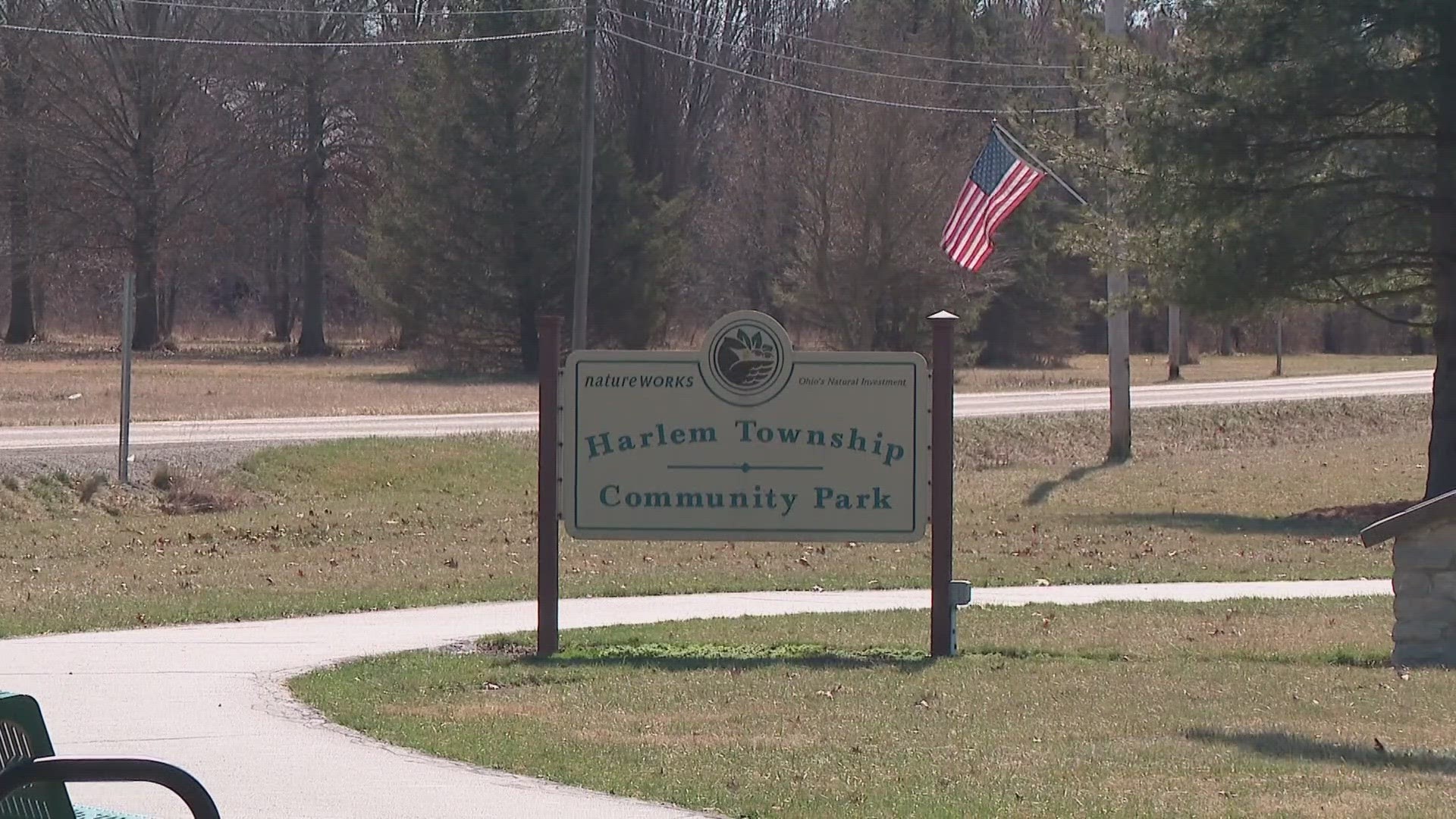NEW ORLEANS — A Louisiana lawmaker is working to decriminalize prostitution across the state of Louisiana, but it's to try and protect those vulnerable to human trafficking, not an effort to legalize it and create red-light districts, New Orleans State Rep. Mandie Landry said.
While filming pornography between two consenting adults is perfectly legal, consensual paid sex between adults is not, Rep. Landry pointed out during a recent virtual Q&A session on the matter.
When asked why it is legal for people to pay consenting adults to perform sexual acts on camera, but not in private, Rep. Landry said, "well, a man's not making money off of it," she said while explaining the bill.
Rep. Landry represents New Orleans' 91st District, an area of the city which includes the Lower Garden District, Gert Town, Central City, Holly Grove, and parts of Broadmoor, Uptown, as well as the Irish Channel neighborhoods in New Orleans.
The lawmaker said there are many reasons to decriminalize sex work, and one of them is to reduce harm. People who engage in sex work face higher rates of violence than the rest of society, but calling the police for help isn't an option when they are breaking the law.
"We would just stop arresting people who engage in sex work," Landry said. "In our state, this is mostly a lot of poor people or people who don't have many other options for work."
The Louisiana Survivors Justice Coalition published a statement in opposition to the bill, and asked the Women's Liberation Front to get involved, according to information on the WoLF's website.
"We cannot stand by as our state considers allowing pimps, sex buyers, and brothel-owners to operate with impunity," the Louisiana Survivors Justice Coalition's statement said. "You cannot separate the sex trade from sex trafficking. Where the sex trade flourishes, sex trafficking flourishes."
WoLF's website said the Louisiana Justice Coalition is "urgently seeking signatures from survivors of the sex trade and allies in preparation for a committee hearing scheduled for Tuesday," and welcomed "out-of-state allies" to sign the letter.
A national radical feminist group that is known for its opposition to transgender rights, WoLF submitted written testimony to the Louisiana House of Representatives in opposition to the bill, the organization's website said.
"We urge the House to reject HB 67, and instead move towards instituting the Equality Model (Nordic Model), which decriminalizes victims, supports survivors in exiting, and holds sex-buyers and pimps accountable for their sexual exploitation," WoLF's testimony said.
WoLF's testimony also added that the bill would decriminalize offenses that include buying people for sex, and said it sounds a lot like human trafficking.
A common concern for many, Rep. Landry said, is human trafficking. The notion that decriminalizing sex work would affect laws making human trafficking illegal isn't accurate, she urges.
"Trafficking is a crime," Rep. Landry said. "Trafficking is abuse, it's assault, it's non-consensual behavior. It's someone forcing someone to do something against their will, and that is and will always remain a crime. It is a federal crime."
Landry says that decriminalizing paid sex between consenting adults is not the same as turning a blind eye to victims of human trafficking, and says that it may actually help victims of human trafficking.
“People who are victims of trafficking or witness trafficking are afraid themselves to go to law enforcement because they might be arrested for it,” Landry said during a WAFB interview in March. “This would be a clear line between who is being trafficked and who is engaging in consensual sexual behavior.”



